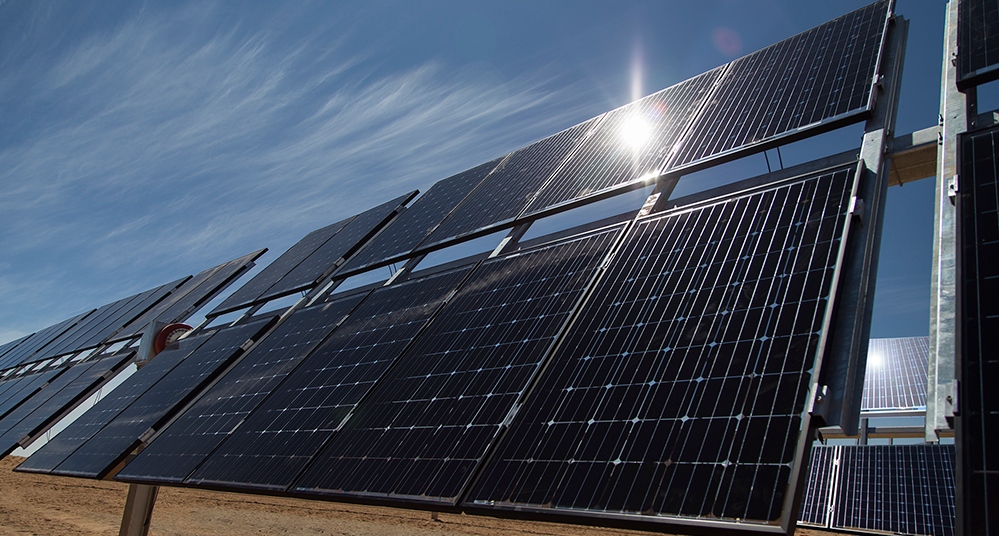CleanMax Solar claims its 736 kWp rooftop solar plant at Mandoli Jail, Delhi to be the largest commissioned project for an Indian Jail complex. The project is part of CleanMax’ 2.5 MWp contract with Delhi Government’s power generation arm, Indraprastha Power Generation (IPGCL).
The installation is expected to save Rs 51.5 lakh per annum for the jail and reduce carbon dioxide emission of 1618 tonnes annually—which is equivalent to removing 200 passenger vehicles from the road for the next 25 years. It will supply sustainable energy to six jail buildings, and the admin block.
Additionally, through the ‘pay-as-you-go’ or operating expense (OPEX) model–where solar developer owns and develops projects on customer sites–CleanMax Solar will provide solar power to Mandoli Jail at tariff rates that are approximately 50% cheaper than existing grid electricity tariff.
Speaking about the association, Andrew Hines, Co-founder, CleanMax Solar said, “As part of the 2.5 MW tender by Indraprastha Power Generation Co. Ltd., Delhi (IPGCL), this is a major initiative for the jail, in terms of size and cost savings, as well a commitment to clean energy.”
“During installation of the solar project, inmates participated in the construction of the plant, with basic vocational training by the CleanMax Solar project team. We are glad to be part of the Delhi Government’s initiative towards the inclusion of sustainable power production, in public infrastructure domain. We hope to replicate the same, risk- and hassle-free ‘OPEX model’ across other government facilities across the country,” Hines added.
CleanMax Solar has installed more than 350 projects for over 100 corporates, with a combined on-site capacity of more than 170 MW. It also operates more than 330 MW of solar farms in Karnataka and Tamil Nadu, for supply to its corporate clients. It develops turnkey projects, providing power on a per-kWh basis, under long-term power purchase agreements.
This content is protected by copyright and may not be reused. If you want to cooperate with us and would like to reuse some of our content, please contact: editors@pv-magazine.com.









By submitting this form you agree to pv magazine using your data for the purposes of publishing your comment.
Your personal data will only be disclosed or otherwise transmitted to third parties for the purposes of spam filtering or if this is necessary for technical maintenance of the website. Any other transfer to third parties will not take place unless this is justified on the basis of applicable data protection regulations or if pv magazine is legally obliged to do so.
You may revoke this consent at any time with effect for the future, in which case your personal data will be deleted immediately. Otherwise, your data will be deleted if pv magazine has processed your request or the purpose of data storage is fulfilled.
Further information on data privacy can be found in our Data Protection Policy.